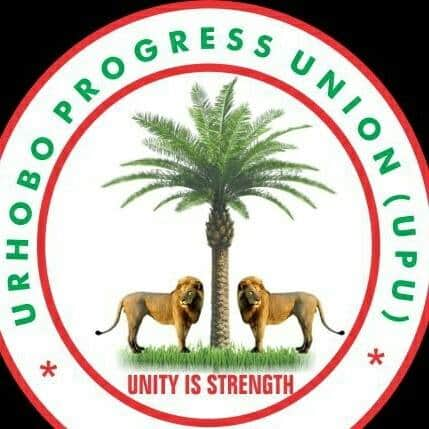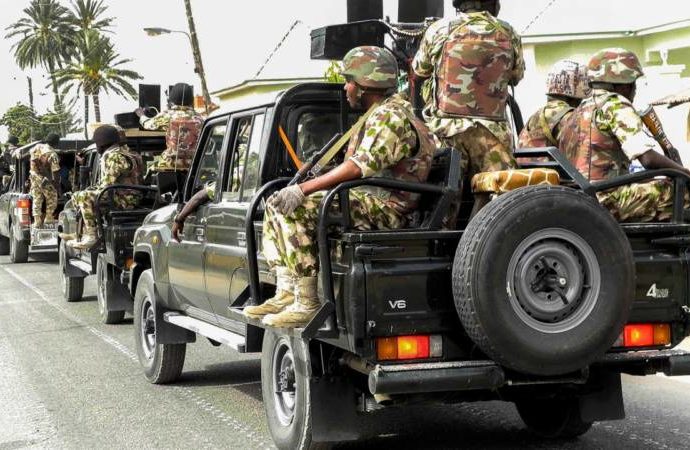Text of the Convocation Lecture delivered by Rev Dr Matthew Hassan Kukah, Bishop of the Sokoto Diocese at the University of Jos Multipurpose Auditorium, 22 June 2018. The full title was:Broken Truths: Nigeria’s Elusive Quest for National Cohesion
Introduction: The Truth of our Nigerian Story?
Let me start with a conceptual clarification regarding the title and topic of this lecture. Not unexpectedly, my first reaction is to ask what is a broken truth? What does an unbroken truth look like? When we speak of truth, we immediately recall the trial of Jesus before Pilate: When Jesus said to Pilate that He had come to bear witness to the Truth, Pilate replied, ‘Truth, what is that’? (Jn.18: 38). Truth has been and remains a contested concept precisely because its very veracity depends on a range of other options.
Today in the court room, an accused person takes the witness stand, with a holy book in one hand, and promises to tell the truth, the whole truth and nothing but the truth. Sadly, even up to the completion of the hearing of the case, we are often not sure which truth has been told; we are unsure what part, version or fraction of the truth the judge or the jury may have heard. It is often said that to get to the truth, it is important to hear both sides of the story. Yet, even after both sides have told their story, we do not necessarily get to the so-called truth.
There are often at least three sides of a truth, that is, his/her side, the other side, and ‘the’ truth!
We will all agree that knowing or finding the truth is integral to the attainment of justice. Justice Chukwudifu Oputa, the legal legend of blessed memory, came up with the dictum that Justice is a three-way street: justice for the perpetrator, justice for the victim and justice for the larger society. I remember saying to him once that I thought there should be a fourth leg of Justice: that is, Justice before God. Of course, since we believe that only God is Truth, one would hope that the quest for justice on earth would be guided by and therefore somehow reflect God’s Justice. But, let me here return sharply to the substance of this lecture – I have undertaken this philosophical excursion merely to serve the fact (truth) that this is a multifaceted conversation, which can only be enriched by a multiplicity of views.
As I was reflecting on what to speak on, this title came to my mind. I thought it would be a useful guide to help me address the issues concerning the collective sense of cynicism and anomie that has gripped our land and indeed our world today. We are surrounded by walls of lies, half-truths, and innuendos, which have become woven into the tapestry of our national history. I dare anyone to try to present one definitive narrative about any of the epochal events in our nation’s history.
We have no comprehensive history of the civil war. We have no exhaustive history of the various coups that took place in our country. We have no complete narrative of the history of political formations and culture in Nigeria. Every phase of our recorded national history is a mish-mash of half-truths, stratagems, and incomplete stories, drawn from rumour, allegations, and outright lies fed to the public, as well as of course the fact that each of us sees reality from our diverse perspectives. Indeed, as Napoleon Bonaparte stated, “History is a set of lies agreed upon.”
But where are the truth-tellers? How did all the mighty citadels of learning in our country, along with their Theatre Departments, Parks, Gardens and Staff Clubs suddenly become abandoned wastelands overrun by cultists, drug pedlars and rodents? Who can forget the Faculty of Social Sciences in Ahmadu Bello University, Zaria, and other Marxists havens in the Universities of Port Harcourt, Calabar or Ife? Where are the colleagues, students and successors of the likes of the late Professors Bala Usman, Patrick Wilmot, Mike and George Kwanashie, Eskor Toyo, Monday Mwangvat, Claude Ake, Sam Oyobvaire, Adele Jinadu? Where is the generation whose intense scholarship gave us the phenomenal work, The Kaduna Mafia ?
Today, to survey the intellectual landscape in Nigeria, is to see stalks cut low by the scythe of the grim reaper. After the haemorrhage of the generation that President Babangida accused of ‘teaching what they were not paid to teach’ in the mid 1980s, the University environment became a conquered land of surrender where playing safe became the basis for survival. As Military Generals who themselves had no university education began to appoint Vice Chancellors and even some from within their ranks to administer the Universities, so began our slouch towards Bethlehem, to quote Yeats. (NAN)





